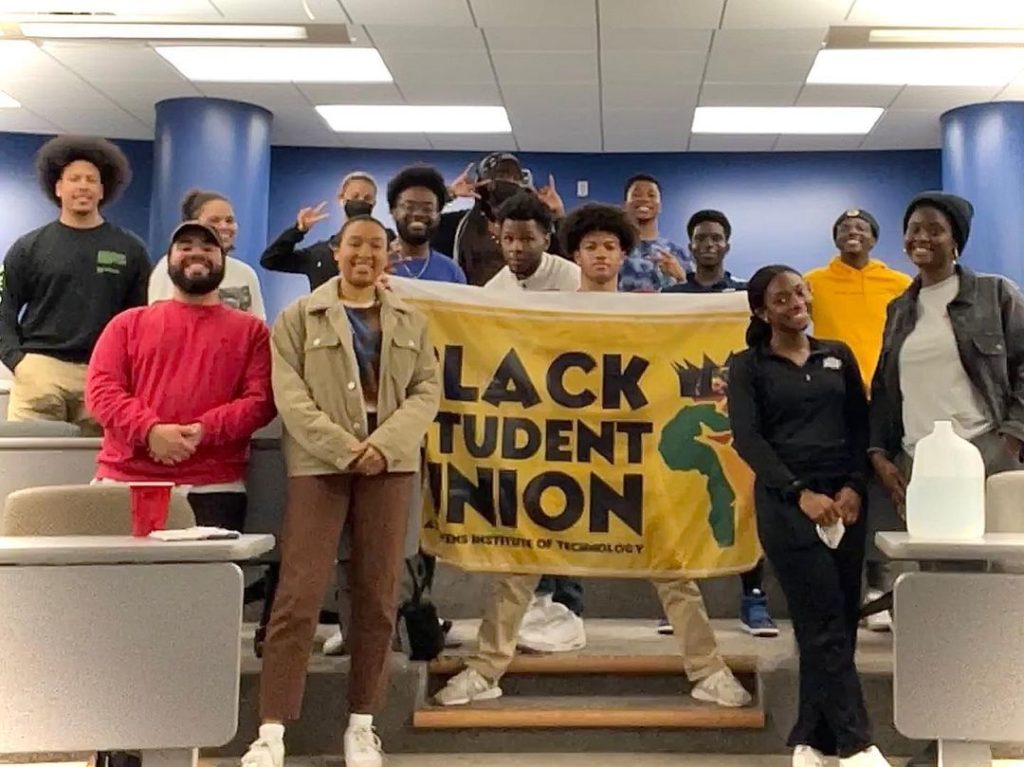To fully examine the scope of journalism, it is important to acknowledge the numerous black journalists throughout history who have been and are paving the way for future black journalists. Black journalists help empower and inspire not just those in Black communities but anyone who is interested in making their way into journalism. The history of Black journalists is one filled with struggles but also success in breaking barriers for a more diverse media presence.
Black journalism in the United States has a long history dating back 197 years ago to when the Freedom’s Journal, the first Black-owned and operated newspaper in the United States, was founded. According to the Public Broadcasting Service (PBS), the newspaper provided regional, national, and international news and “sought to improve conditions for the over 300,000 newly freed Black men and women living in the North.” Additionally, it promoted the achievements of Black Americans through biographies of prominent Black figures.
Another prominent newspaper of that century was the North Star, founded by Frederick Douglass. The title of the paper refers to the brightest star in the sky, which was used by those escaping slavery to navigate to the North, and, as documented by the Library of Congress, Douglass stated, “To millions, now in our boasted land of liberty, it is the star of hope.” The North Star newspaper would also be a star of hope as Douglass presented ideas in it that promoted ending slavery, the advancement and equality of African Americans, and women’s rights.
In the following century, many more prominent Black journalists would appear, including Simeon Booker Jr., who was the first Black reporter for the Washington Post. The New York Times reports that he “provided pioneering coverage of racial injustice and the civil rights struggle.” Some of his most notable work included the Emmett Till murder and the Bus Boycott started by Rosa Parks. Additionally, the New York Times states that “he was the only journalist with the first Freedom Riders, who protested transportation segregation in the South by busing from Atlanta to Birmingham,” where they faced extreme violence for several portions of the way there. He would continue to cover the Black experience until retiring in 2007 after 65 years in journalism.
In 1975, in order to continue promoting diversity in the newsroom and support Black journalists, the National Association of Black Journalists (NABJ) was founded. The NABJ is a non-profit organization with a stated purpose to “offer innovative training, career advancement opportunities and advocacy initiatives for Black journalists and media professionals worldwide.” Scholarships, internships, and fellowships are offered through the NABJ in order to meet this purpose, and an annual convention is held that connects thousands of students and people in the journalism industry together to discuss the cultural and historical impact of the Black community. The NABJ also annually recognizes prominent journalists to be inducted into the NABJ Hall of Fame, with one being Simeon Booker Jr. in 2013. This year, there were seven inductees across various forms of media. One inductee was Randall Pinkston, who has witnessed and reported on major events in recent history. According to the NABJ, “Pinkston was a White House Correspondent covering President George Herbert Walker Bush,” and would also be “one of the first journalists in Tora Bora Afghanistan reporting on the search for Osama bin Laden.”
It is clear from all this that the impact of Black journalism is still growing throughout all forms of media. It is promoted so that the future of media is not one that is one-sided but one that is diverse and explores all perspectives.
